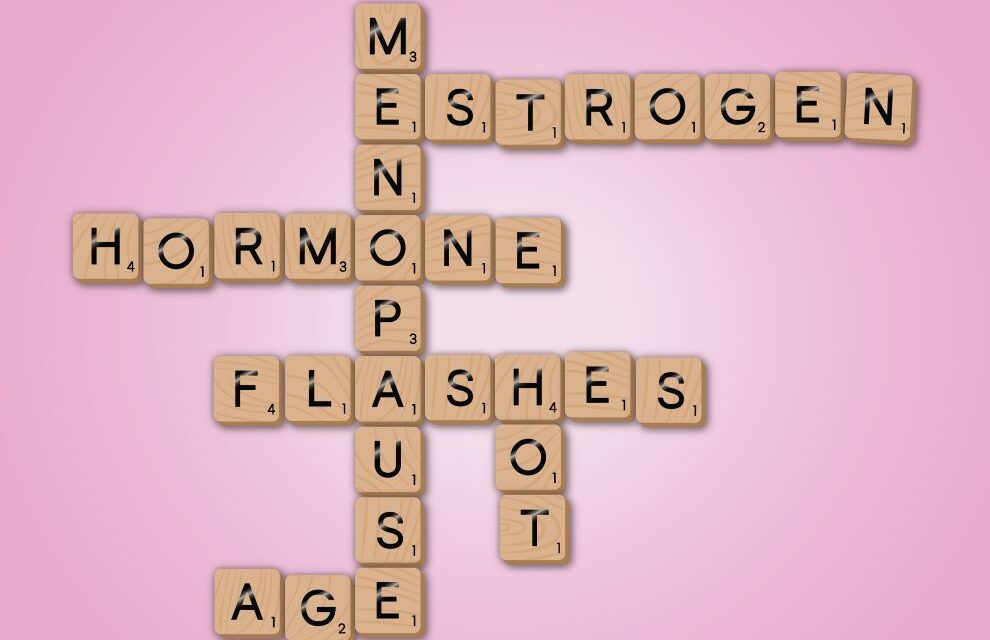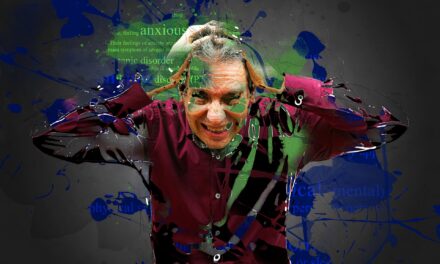The first time I had a hot flush, I had no idea what was happening.
I thought I was having an allergic reaction! It took some research on my part plus another couple of episodes before I realised what was actually going on.
Menopause and peri-menopause are words that have become far more common in recent years thanks to a number of celebrity campaigns, books, and television programmes as well as a shift in the Government’s approach.
Despite this increased awareness however, realising I was peri-menopausal came as a surprise.
Recognising the symptoms
I’d been suffering from bad anxiety for about nine months prior to my first hot flush. As the anxiety started during Covid, I assumed it was related to my concerns around the pandemic.
And I just put what turned out to be more peri-menopausal symptoms down to other reasons – brain fog and telling my children to put their dirty dishes in the washing machine was because I was tired; insomnia at 3am was due to too much coffee the day before; outbursts of anger at my husband and family was just general household and life pressures.
Too young?
As I was also only 45 when my symptoms started, I didn’t even consider I could be peri-menopausal. I was too young, surely?
Well, no.
Peri-menopause, the period of transition that begins before menopause, usually affects women between the ages of 45 and 55, but it can happen earlier.
It can last anywhere from five to 10 years.
Menopause is when the hormones oestrogen and progesterone start to decrease and periods stop.
Peri-menopause ends and you reach menopause when you have not had a period for 12 months.
The eureka moment
Eventually, after suffering months of various symptoms with varying degrees of severity, I read one particular celebrity book on the menopause which contained a symptom ‘check list’.
As I read, I realised I was ticking off an awful lot of the symptoms and I had my menopause eureka moment.
Talk to your GP
I’ll admit, I was nervous about talking to my doctor about my symptoms, concerned I’d be dismissed as too young, or stressed or depressed, or just tired.
However, my GP was extremely supportive and suggested I try HRT.
While HRT isn’t for everyone and it is really important to discuss your personal circumstances with your doctor, it has made a huge difference to me.
My anxiety disappeared within a few days, and I started to feel like ‘me’ again.
‘Me’ time
Keeping fit and active, and looking after your mental health, can help with symptoms during peri-menopause and menopause.
I find a short morning walk in the fresh air before work helps me approach the day more positively. I swim regularly and do Pilates with weight-bearing exercises to help protect my bones.
And I use mindfulness sessions to support my mental health.
We all know how hard it can be to carve out ‘me’ time around work and family commitments. But finding that period of time that is just about you is really important.
There is more information about things you can do to help support yourself during your menopause journey on the NHS website.
Looking to the future
The Japanese word for menopause, ‘konenki’, means ‘renewal years’ and ‘energy’ which suggests a much more positive approach to this life stage.
After a rocky start, I am now embracing my own renewal years and looking forward to the next stage in my life.
For more information on the menopause, read our article making sense of the menopause and view our “In Conversation With” video featuring the UK Government’s Menopause Employment Champion, Helen Tomlinson.




